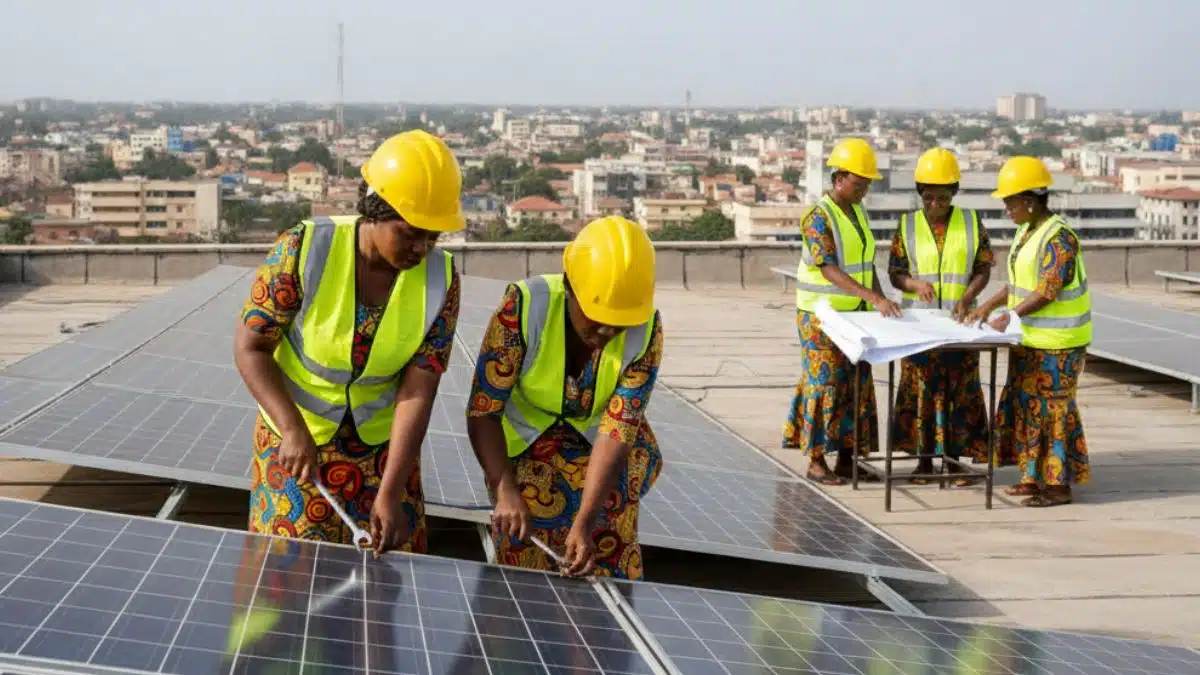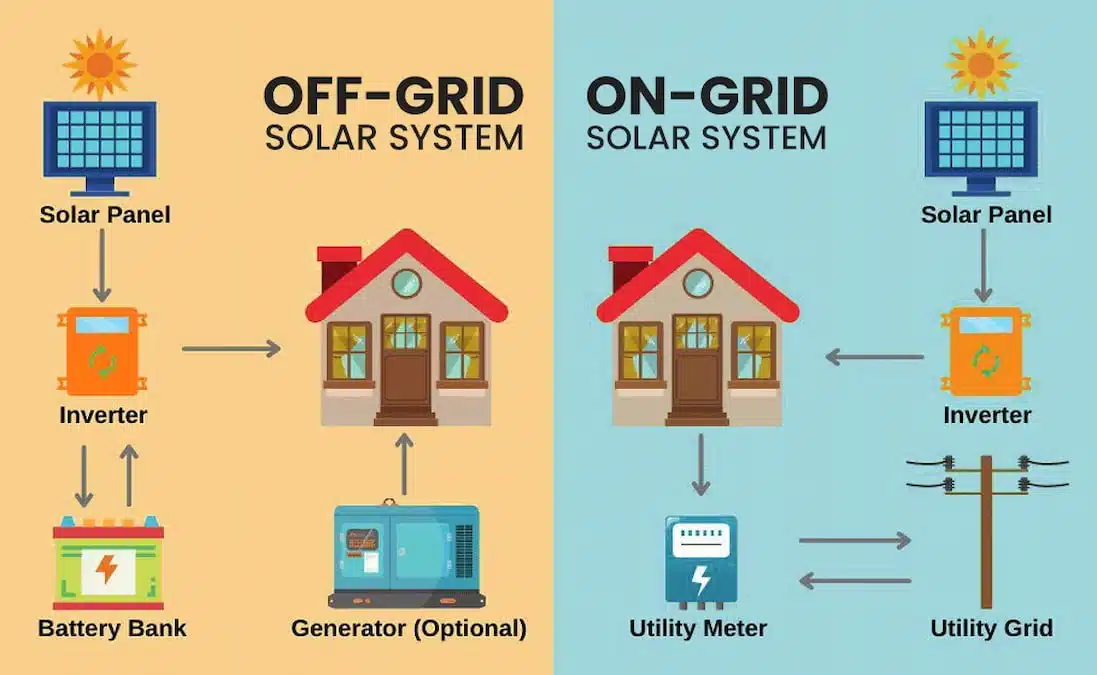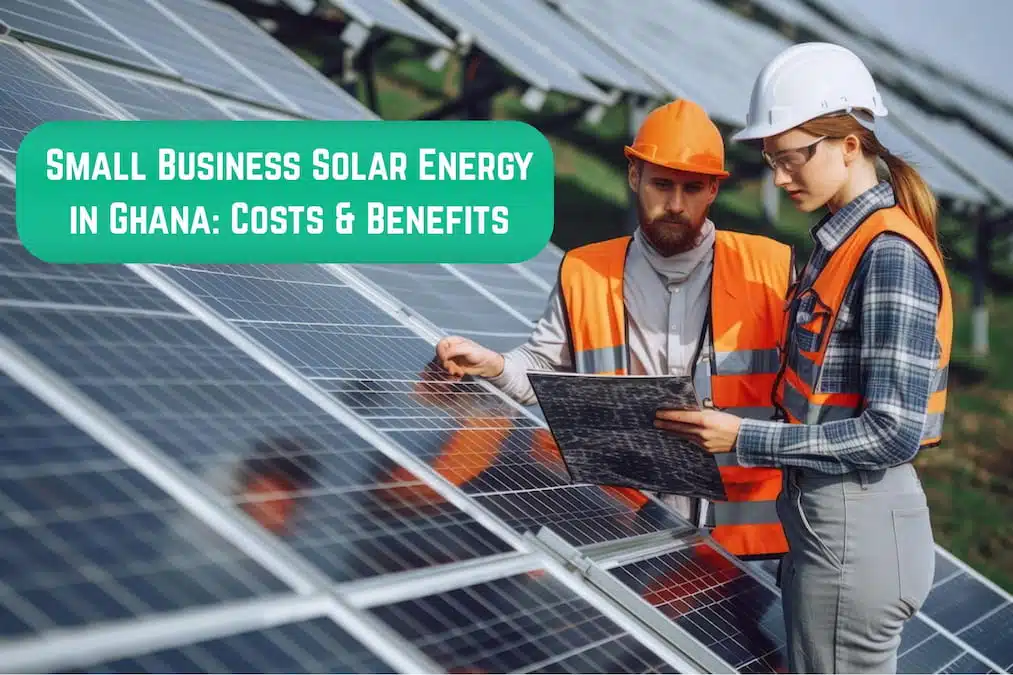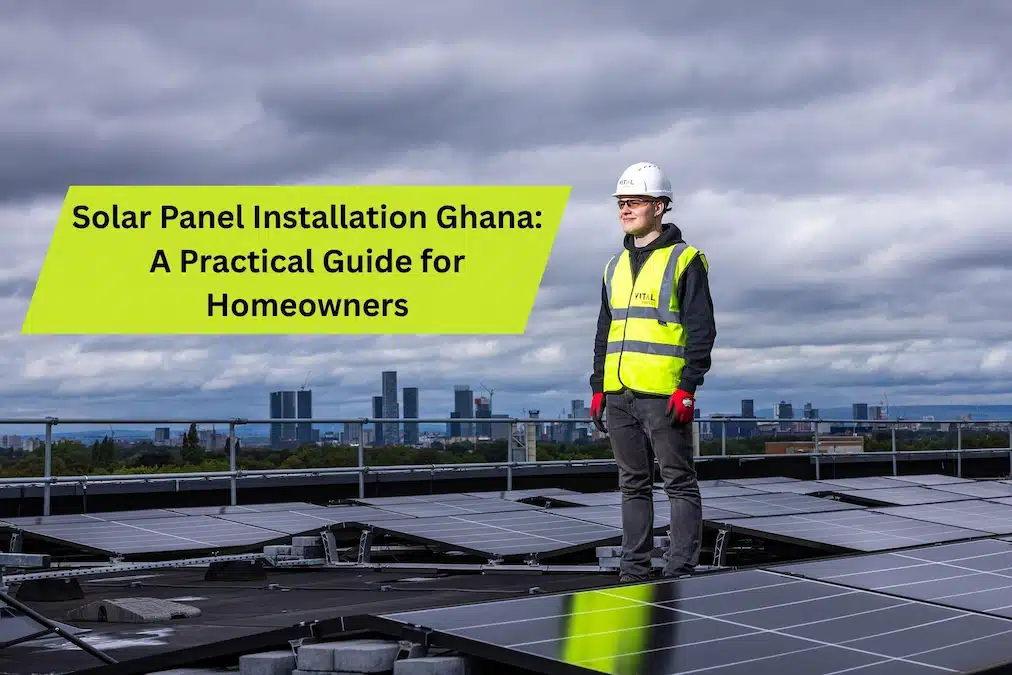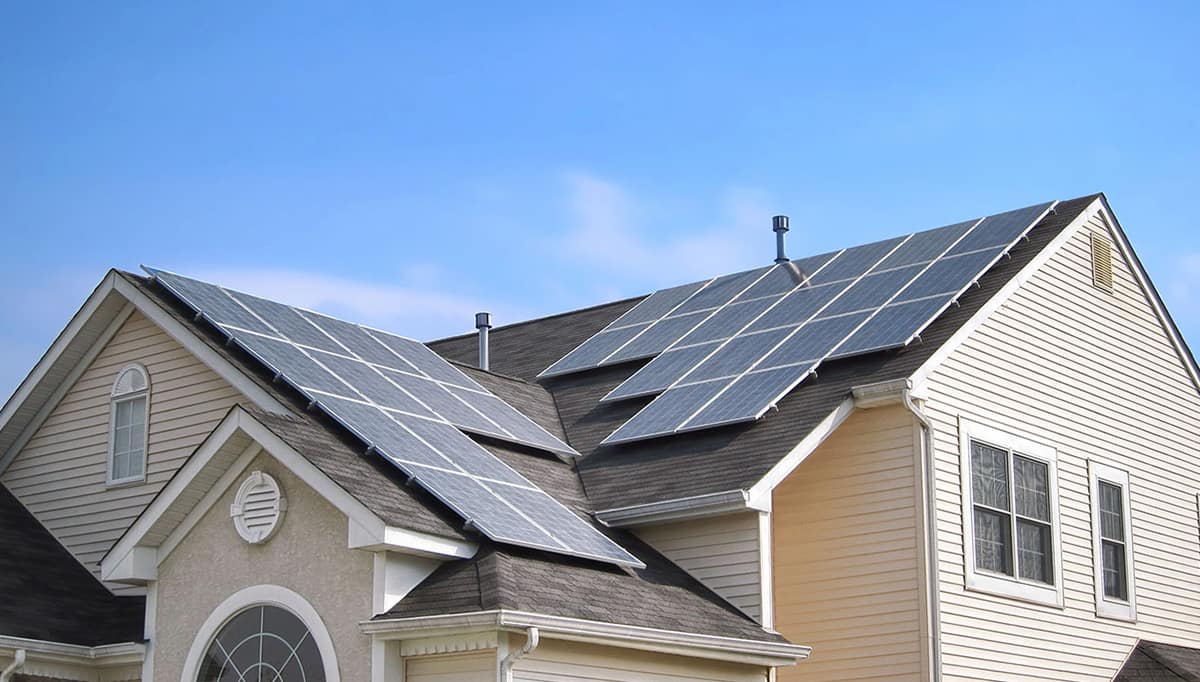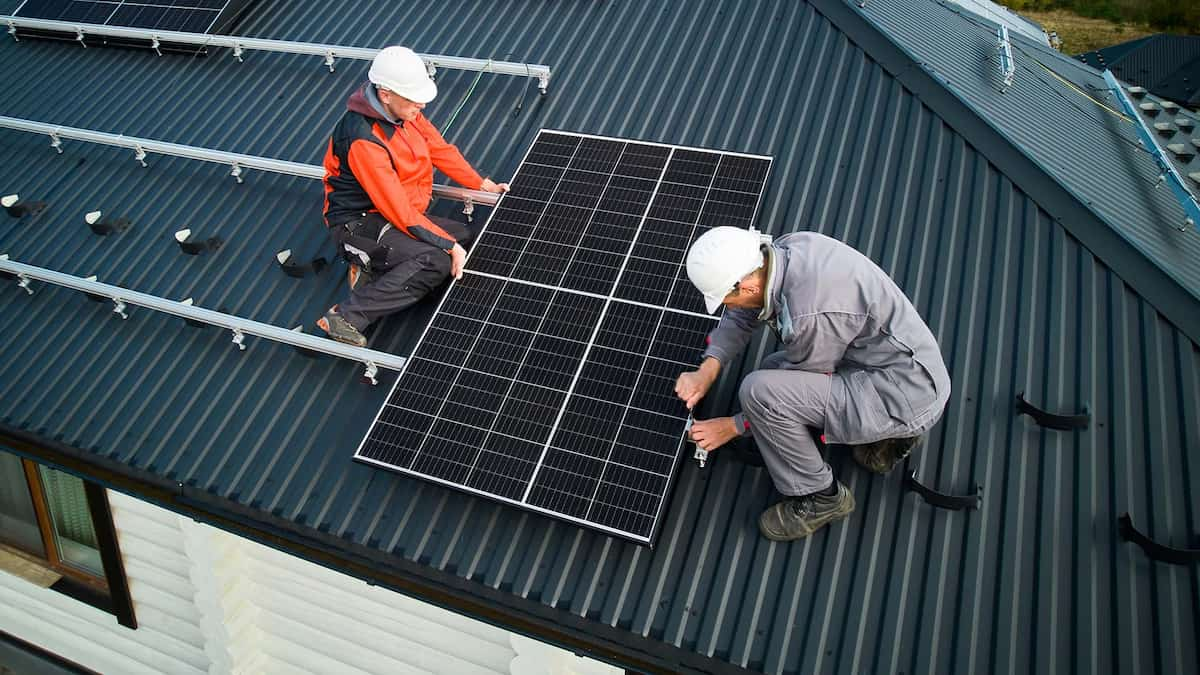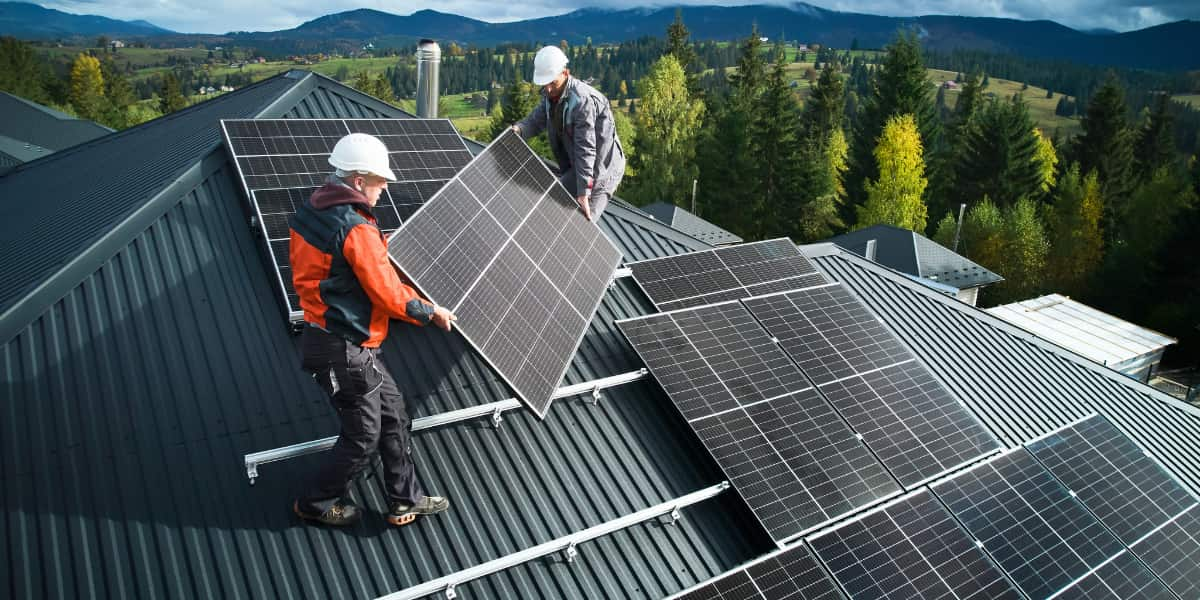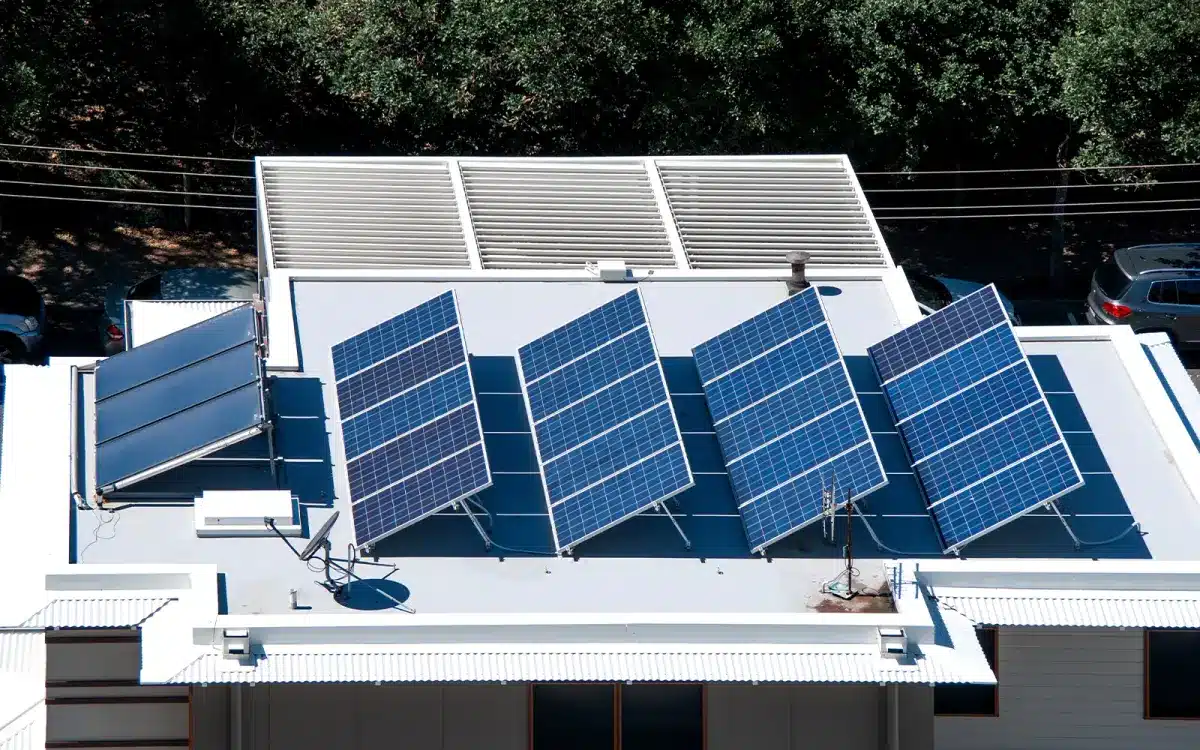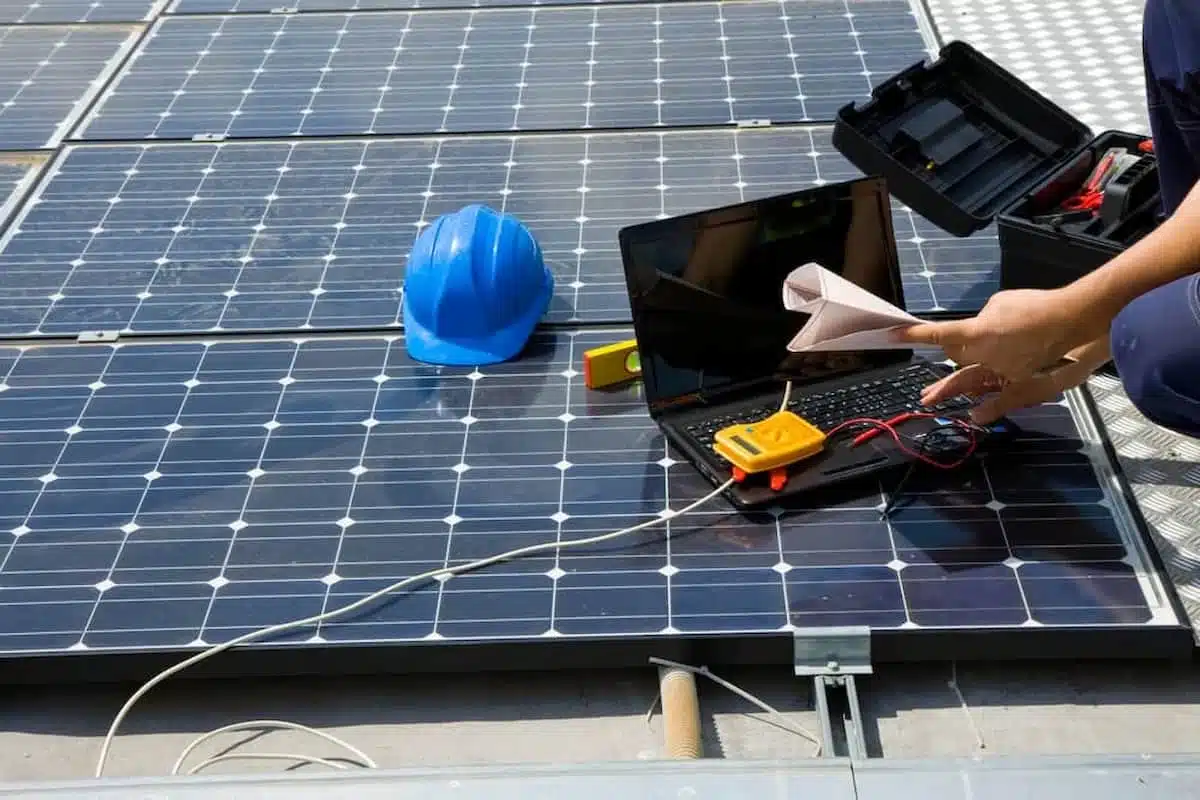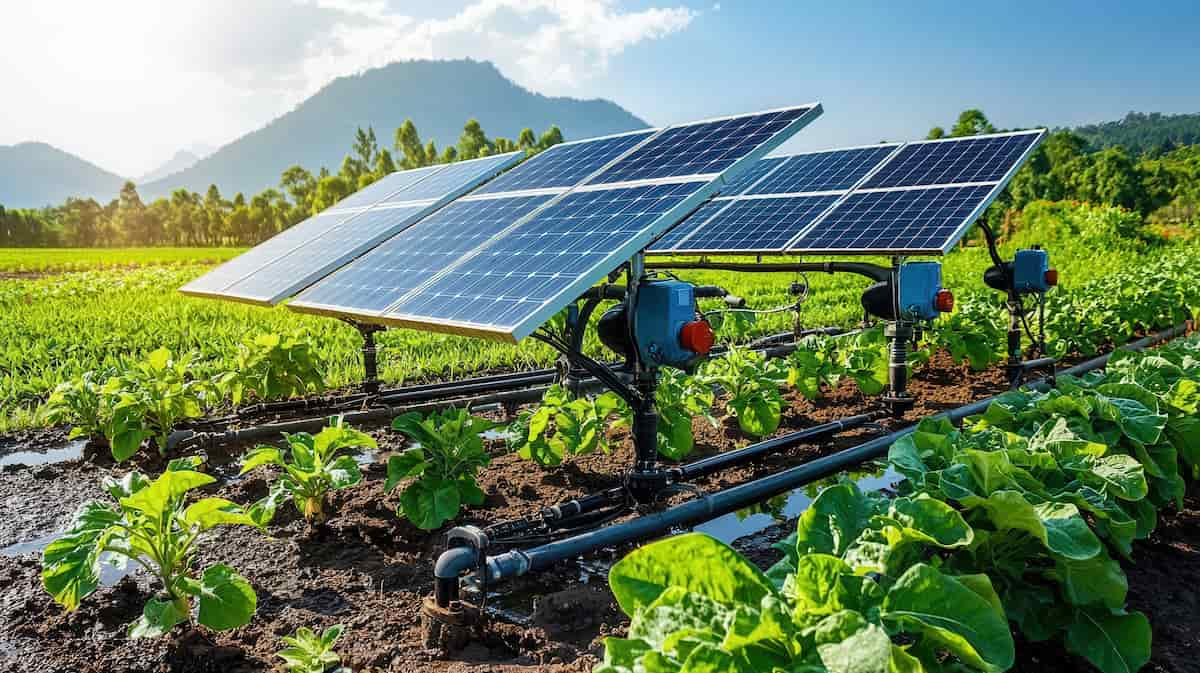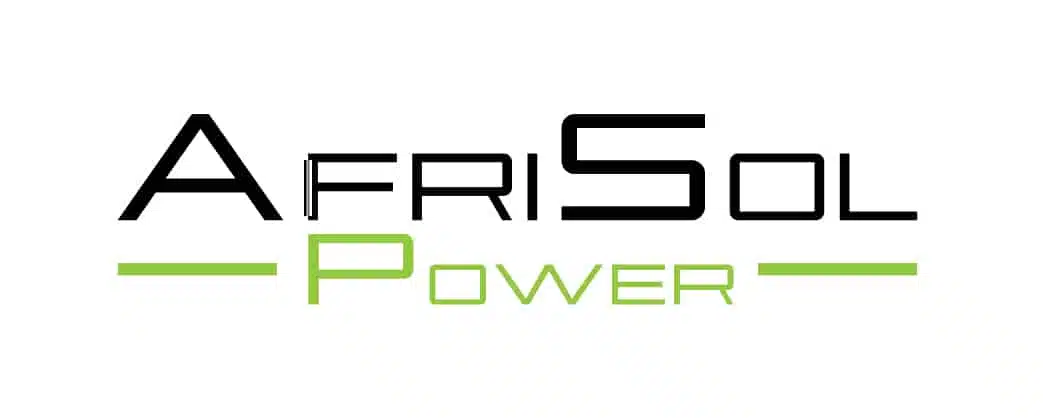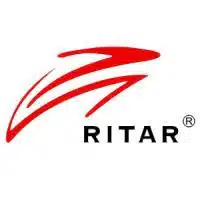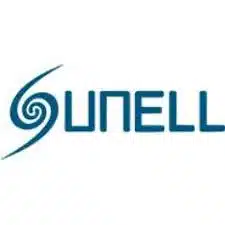Blogs
Top Solar System Maintenance Tips for Ghana’s Climate
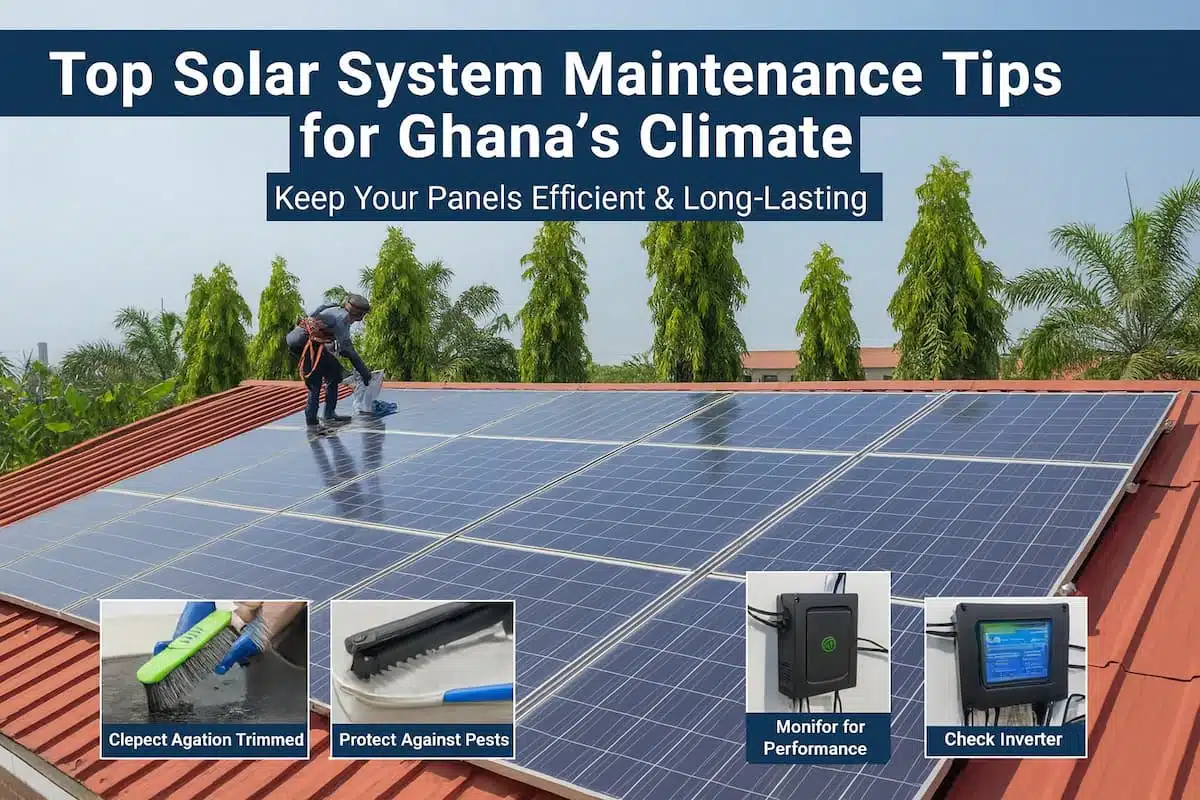
Top Solar System Maintenance Tips for Ghana’s Climate. As the demand for solar energy continues to rise in Ghana, more homeowners are investing in solar panel systems to reduce electricity costs and ensure reliable power. However, to maximize the efficiency and longevity of your solar system, regular maintenance is crucial. Ghana’s tropical climate- with its high temperatures, humidity, dust, and rainfall – can pose unique challenges to solar panels. In this article, we’ll explore practical tips for maintaining your solar system in Ghana’s climate, helping you keep your system running efficiently for years to come.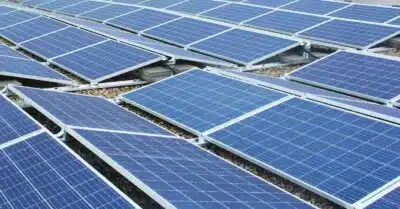
Why Solar Panel Maintenance is Important
Regular maintenance is essential to ensure that your solar panels perform at their optimal capacity. Without proper upkeep, environmental factors such as dust, dirt, rain, and humidity can reduce the efficiency of your system, leading to a decrease in energy production and higher electricity costs.
Proper maintenance also ensures that your solar system remains safe, reliable, and capable of providing consistent power, especially in regions like Ghana, where power outages are common.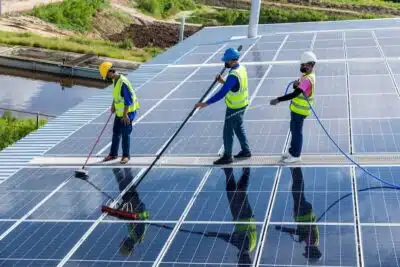
1. Clean Your Solar Panels Regularly
Ghana’s dry, dusty climate means that dust and debris can accumulate on solar panels, reducing their efficiency. Dirty panels absorb less sunlight, which directly impacts energy generation.
How to Clean Solar Panels:
-
Use a Soft Cloth or Sponge: To avoid scratching the surface of the panels, use a soft, non-abrasive cloth or sponge.
-
Rinse with Water: Use clean water to rinse off dust and debris. If you live in a very dusty area, cleaning every 3 to 6 months is recommended.
-
Avoid Harsh Chemicals: Never use harsh chemicals or abrasive cleaning tools that could damage the surface of the panels.
-
Time the Cleaning Right: Clean your panels either early in the morning or late in the evening when the panels are cool. Cleaning during peak sunlight hours can lead to thermal shock, damaging the panels.
By keeping your solar panels clean, you can ensure that they continue to capture maximum sunlight and produce the most energy.
2. Inspect Your Solar Panels Regularly
Frequent inspections help identify potential issues before they become major problems. It’s essential to visually check your panels for any visible damage such as cracks, dents, or discoloration.
What to Look For:
-
Physical Damage: Look for cracks, chips, or broken glass. While solar panels are durable, they can be damaged by falling debris or extreme weather conditions.
-
Loose Wiring: Ensure that all wiring is properly secured and free of frays. Loose or damaged wiring can lead to power loss or even safety hazards.
-
Water Damage: Check for signs of water infiltration around the panels or wiring, which can cause short circuits or system failures.
If you notice any issues, contact a certified solar technician for repairs or replacements.
3. Monitor Your Solar System’s Performance
In Ghana’s climate, it’s essential to monitor the performance of your solar system regularly. Many modern solar systems come with monitoring software that allows you to track energy production and identify any performance issues.
How to Monitor Your System:
-
Use Mobile Apps: Many solar panel manufacturers offer mobile apps or online dashboards that allow you to monitor energy production in real-time.
-
Check for Drop in Energy Output: If you notice a significant drop in energy output, it could be due to dirt accumulation, shading, or system malfunction.
-
Keep an Eye on Battery Health: If your solar system includes batteries, monitor their performance. Over time, batteries lose capacity and need to be replaced.
By actively tracking the system’s performance, you can catch any issues early and avoid costly repairs.
4. Protect Your Solar Panels from Storms and High Winds
Ghana’s rainy season, particularly from April to October, can bring heavy rains, strong winds, and storms. These weather conditions can cause debris to fall on your solar panels or even damage the panels themselves.
How to Protect Your System:
-
Install Protective Covers: In areas prone to storms, consider installing protective covers or mesh around your solar panels to prevent debris from damaging them.
-
Ensure Proper Mounting: Make sure your solar panels are securely mounted to your roof. Proper installation is crucial for withstanding high winds and heavy rain.
-
Trim Nearby Trees: Overhanging branches can pose a risk of falling during storms. Trim any trees near your solar panels to prevent damage from falling limbs.
By securing your solar system and taking preventive measures, you can reduce the risk of damage caused by extreme weather events.
5. Ensure Proper Ventilation Around Your Solar Panels
Solar panels operate most efficiently when they have adequate airflow to prevent overheating. Ghana’s tropical climate, with its high temperatures, can lead to excess heat buildup, which may decrease panel efficiency.
How to Optimize Ventilation:
-
Allow Airflow Under Panels: When installing solar panels, make sure there’s sufficient space between the panels and the roof to allow for airflow.
-
Avoid Over-Covering: Ensure there are no obstacles or objects blocking the space underneath the panels, which could trap heat.
-
Consider Roof Type: If you have a flat roof, consider installing your panels with a slight tilt to allow better air circulation.
By ensuring that your system stays cool, you can improve the overall performance and longevity of your solar panels.
6. Schedule Annual Professional Inspections
While routine maintenance can be performed by homeowners, it’s always a good idea to have a professional inspect your system at least once a year. A qualified solar technician can check for issues that may not be immediately visible and provide professional cleaning and maintenance services.
Benefits of Professional Inspections:
-
Comprehensive System Check: A technician will check all components, including wiring, inverters, and batteries, to ensure everything is functioning optimally.
-
Increased System Lifespan: Regular inspections help extend the lifespan of your solar panels and associated components.
-
Expert Troubleshooting: Professionals can identify and fix problems before they become more serious and costly.
Annual inspections give you peace of mind, knowing your solar system is in top working condition.
Conclusion
Maintaining your solar system is crucial to ensure its longevity and efficiency, especially in Ghana’s challenging climate. By following these simple maintenance tips – cleaning your panels regularly, inspecting for damage, monitoring system performance, protecting from storms, ensuring proper ventilation, and scheduling annual inspections – you can ensure that your solar system continues to perform at its best for years to come.
Proper maintenance not only saves you money by maximizing energy production but also helps extend the lifespan of your system, ensuring that you get the most out of your investment. Embrace the power of solar energy in Ghana’s climate, and enjoy the many benefits of clean, sustainable, and cost-effective energy.









